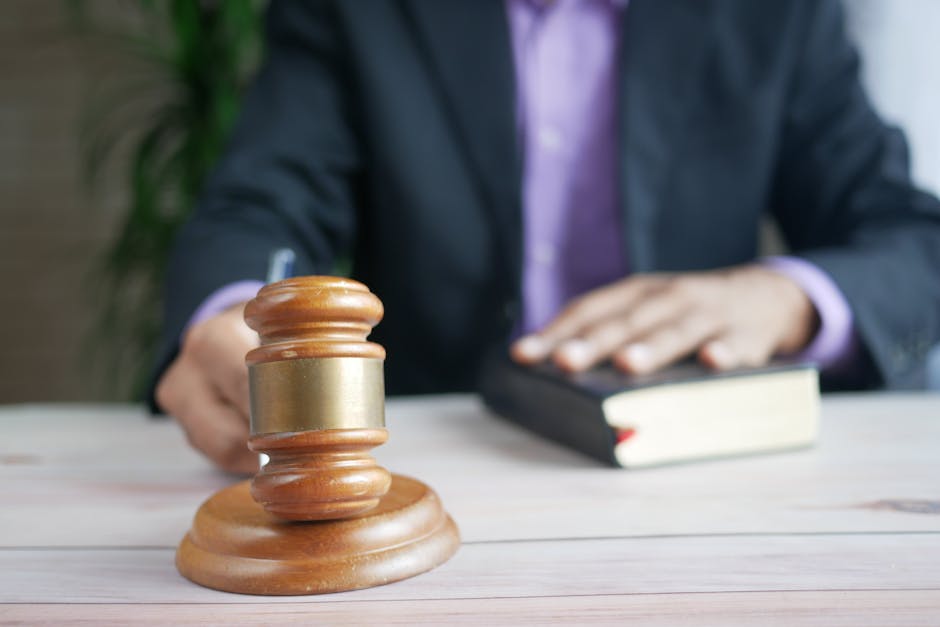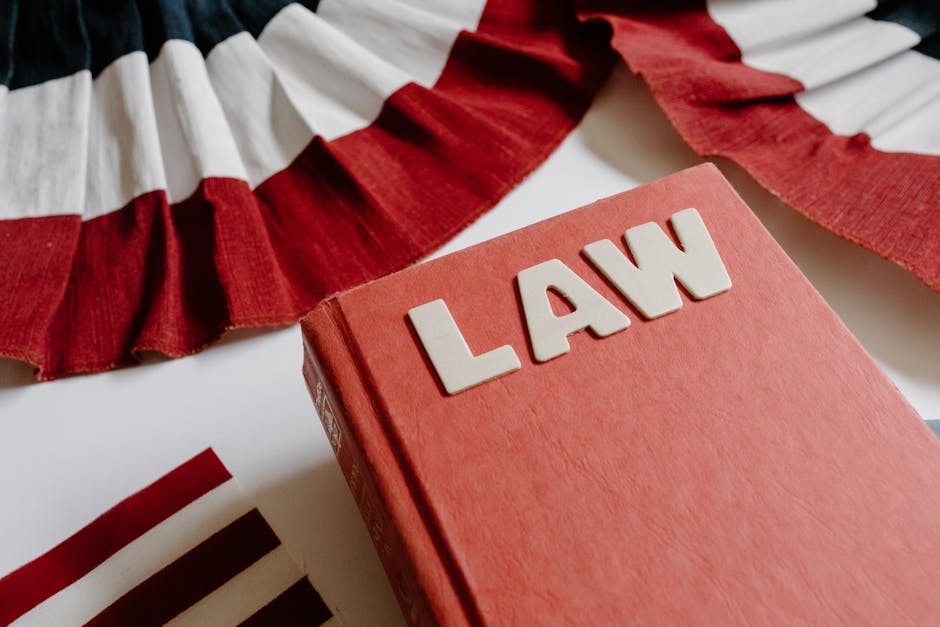How to Choose the Right Lawyer
Choosing the right lawyer is crucial. It can make a big difference in your case’s outcome. But how do you find the lawyer who best fits your needs? This guide will help you navigate the process with ease.
Lets dive into what you need to know.
Why Is It Important to Choose the Right Lawyer?

Did you know that hiring the wrong lawyer can cost you time, money, and stress? A good lawyer knows the law and can give you the best advice. They also understand how to navigate the legal system effectively. Choosing wisely can lead to better outcomes in your case.
What Type of Lawyer Do You Need?

Lawyers typically specialize in different areas of law. Here are some common types:
- Criminal Defense Lawyer: Helps clients accused of crimes.
- Family Lawyer: Deals with issues like divorce and child custody.
- Personal Injury Lawyer: Assists clients injured due to someone else’s negligence.
- Corporate Lawyer: Works with businesses on legal matters.
- Estate Planning Lawyer: Helps with wills and trusts.
Ask yourself: What specific legal issue are you facing? This will guide your search.
How Do You Start Your Search?

Your search can begin in a few simple ways. You might start by asking friends or family for recommendations. Personal referrals can be very helpful. Or, you can check online resources like the American Bar Associations website.
Another option is to look at local bar associations. They often have referral services to connect you with qualified lawyers in your area.
What Should You Consider When Choosing a Lawyer?

Here are some key factors to think about:
- Experience: How long has the lawyer been practicing? Have they handled cases like yours before?
- Reputation: What do past clients say? Look for online reviews or ask for references.
- Communication: Do they explain things clearly? Are they easy to reach?
- Fees: How do they charge? Understanding their fee structure is crucial.
- Compatibility: Do you feel comfortable with them? Trust is key in the lawyer-client relationship.
Checking these factors can save you headaches down the line.
How Can You Evaluate a Lawyers Experience?
Experience matters. A lawyer with a track record in your type of case will know the ins and outs of the law. They will also understand how the local courts operate. A lawyer who has worked on similar cases can anticipate challenges and strategize effectively.
don’t hesitate to ask potential lawyers about their experience. You might ask:
- How many cases like mine have you handled?
- What were the outcomes?
- How do you plan to approach my case?
What About Fees?
Understanding how lawyers charge is vital. Here are some common fee structures:
- Hourly Rate: You pay for each hour of work.
- Flat Fee: A set amount for specific services.
- Contingency Fee: The lawyer takes a percentage of your settlement or award if you win.
Make sure to discuss fees upfront. it’s best to have this conversation early to avoid surprises later.
What Questions Should You Ask During the Consultation?
Most lawyers offer a free initial consultation. Use this opportunity to gather information. Here are some important questions to consider:
- What is your approach to my case?
- Who will handle my case? Will it be you or another attorney in your firm?
- What are the potential outcomes?
- How often will you update me on my case?
Asking these questions can help you gauge if the lawyer is a good fit for you.
How Important Is Communication?
Good communication is essential. You need a lawyer who listens to you and explains things in a way you understand. A lawyer should be an ally who champions your interests.
If a lawyer is hard to reach or doesnt respond promptly, it may signal trouble ahead. Regular updates and clear explanations can ease your anxiety during what can be a stressful time.
What if you’re Not Happy with Your Lawyer?
Sometimes, even after careful selection, you may feel unhappy with your lawyer. If this happens, don’t hesitate to speak up. Schedule a meeting to discuss your concerns. A good lawyer will appreciate your feedback and work to improve your experience.
If the situation doesnt change, it’s okay to look for someone else. Your comfort and trust are paramount.
Where Can You Find Reviews and References?
Finding credible reviews can be a game-changer. Here are some places to start:
- Online Review Sites: Websites like Avvo or Martindale-Hubbell provide ratings and reviews.
- Social Media: Check platforms like Facebook for client experiences.
- Word of Mouth: Ask friends or family if they’ve had experience with the lawyer.
Remember, while glowing reviews are good, a few less-than-perfect ones can give you a fuller picture.
What Are Common Misconceptions About Lawyers?
Many people have misconceptions about lawyers. Here are a few common ones:
- All lawyers are expensive: While some charge high rates, many offer affordable options.
- Lawyers only care about money: Most lawyers are passionate about helping their clients.
- You always need a lawyer for legal issues: Some small matters can be handled without legal help.
Understanding the realities can help you navigate your choices more effectively.
what’s the Final Step in Choosing a Lawyer?
After researching and meeting potential lawyers, trust your instincts. You need to feel confident in your choice. Look for someone who understands your situation and makes you feel heard.
Once youve made your decision, be sure to establish a clear agreement. Discuss fees, communication expectations, and timelines. This sets the stage for a successful partnership.
Conclusion: Take Action!
Choosing the right lawyer doesnt have to be daunting. By understanding your needs, researching options, and asking the right questions, you can make an informed decision.
Remember, your lawyer is your advocate. They can guide you through complex legal matters. So take your time, do your research, and choose someone who feels right for you.
For more tips on navigating legal issues, check out our article on Legal Advice 101. It can provide additional insights to help you on your journey.
Good luck, and remember: the right lawyer can make all the difference!


